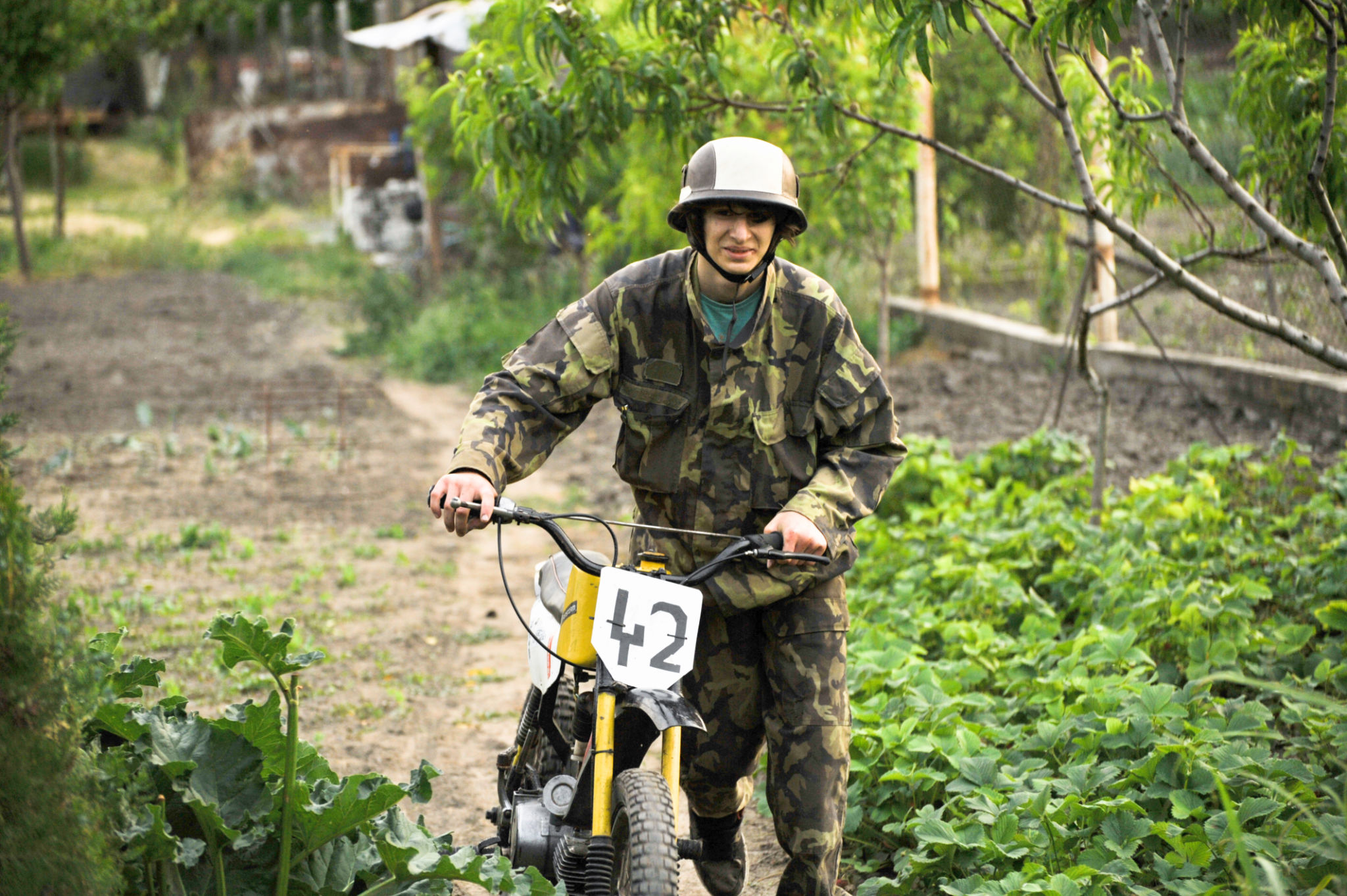A Guide to Developing Effective Policies Against Child Soldier Recruitment
Understanding the Issue of Child Soldier Recruitment
The recruitment of child soldiers remains a grave issue affecting various conflict zones worldwide. Children, some as young as seven, are coerced into joining armed groups, stripping them of their childhood and exposing them to extreme violence. This phenomenon is not only a human rights violation but also a significant barrier to long-term peace and stability in affected regions.

Combatting this issue requires a comprehensive approach that addresses the root causes and implements effective policies to prevent recruitment. This guide explores strategies and best practices for developing robust policies that can curb the recruitment of child soldiers.
Root Causes of Child Soldier Recruitment
Socioeconomic Factors
Poverty and lack of education are primary drivers of child soldier recruitment. In many regions, families struggling with poverty may feel they have no choice but to allow their children to join armed groups for economic survival. Additionally, the absence of educational opportunities leaves children vulnerable to recruitment.
Political Instability
Conflict-ridden areas often have weakened governmental structures, making it easier for armed groups to operate and recruit children. Political instability creates an environment where the rule of law is compromised, allowing these groups to exploit vulnerable populations.

Developing Effective Policies
Strengthening Legal Frameworks
Governments must strengthen legal frameworks by enacting and enforcing laws that prohibit the recruitment and use of child soldiers. This includes ratifying international treaties, such as the United Nations Convention on the Rights of the Child, and implementing national legislation that aligns with international standards.
Community Engagement and Education
Engaging communities in awareness campaigns is crucial for preventing child soldier recruitment. Educating parents and children about the risks and consequences of joining armed groups can empower them to resist recruitment efforts. Community programs that offer vocational training and educational support can provide children with alternatives to joining armed groups.

International Cooperation and Support
Tackling child soldier recruitment requires international cooperation. Countries must work together to provide support to conflict-affected regions, including funding for demobilization programs and reintegration services for former child soldiers. International organizations can play a pivotal role in monitoring compliance with anti-recruitment laws and offering technical assistance to strengthen local capacities.
Effective policies against child soldier recruitment involve a multifaceted approach that addresses both prevention and rehabilitation. By understanding the root causes, strengthening legal frameworks, engaging communities, and fostering international collaboration, we can make significant strides in eradicating this practice and restoring childhoods lost to conflict.